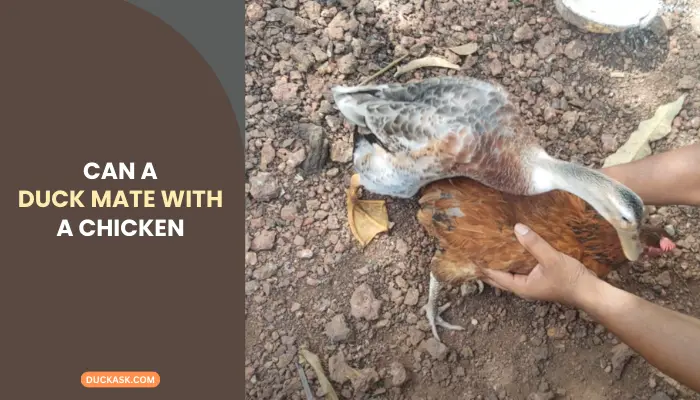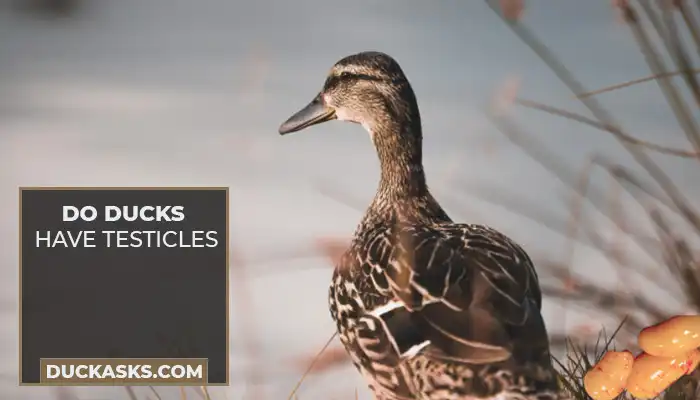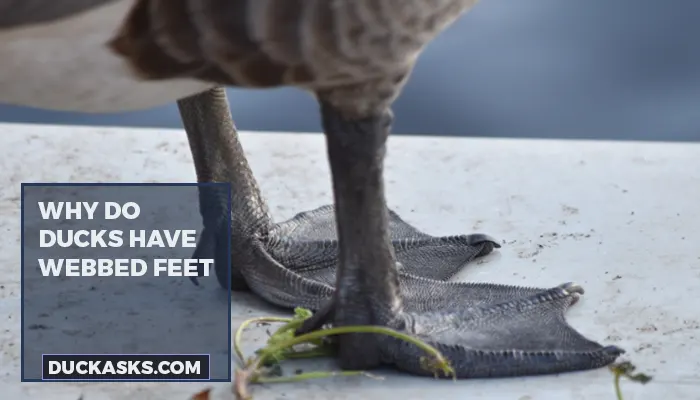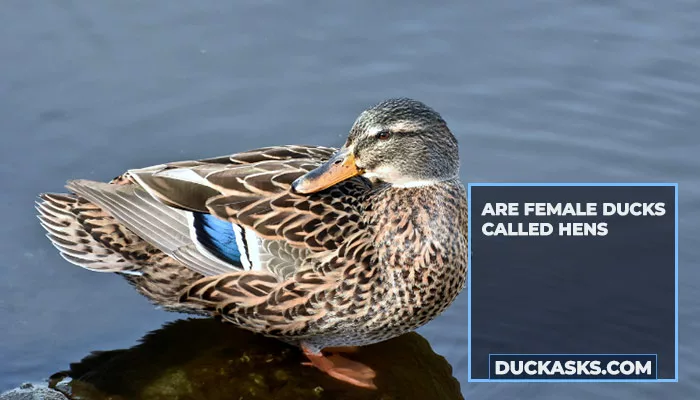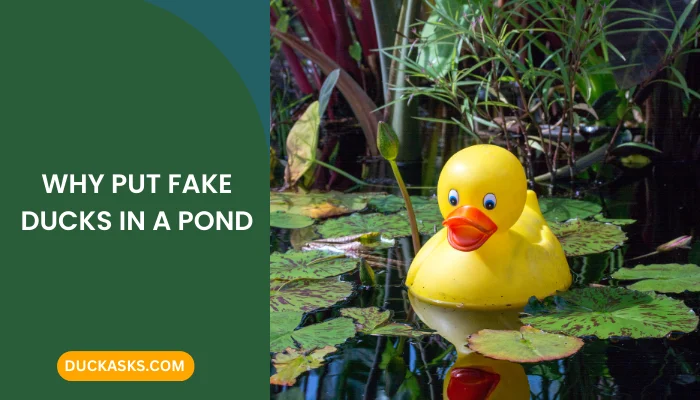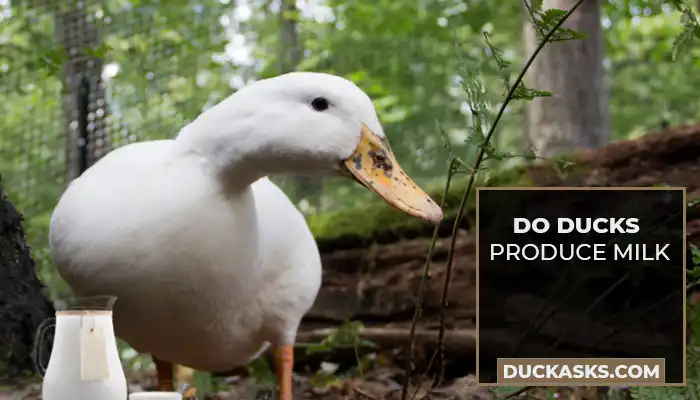Why Do Ducks Pant Like Dogs? (Duck Physiology)
Many times, I’ve noticed ducks acting weird or panting out. Some may feel ducks pant like dogs. However, that is not true.
If it’s false, then why do ducks pant like dogs? Ducks pant due to stress, excitement, excessive heat, or sickness. Unlike other animals, they don’t have sweat glands. Dogs pant to cool down their temperature.
On the contrary, ducks’ pant indicates their discomfort due to environmental or health changes. I’ve discussed ducks’ panting behavior and reasons below –
Looking for more articles about fun fact:
Do All Ducks Pant Like Dogs?
Ducks and dogs are different types of animals. And the ducks have other kinds of body mechanisms compared to dogs. They have an efficient system to maintain their body temperature compared to the dogs.
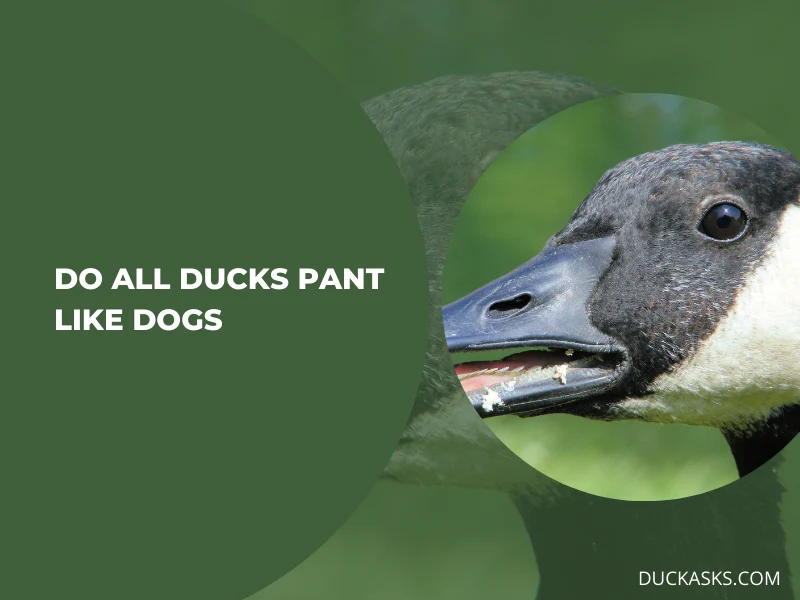
A duck’s bill helps it conserve or release any kind of heat. Also, ducks blood vessel helps them to maintain body temperature. On the contrary, dogs pant to evaporate body heat. Panting is the way they cool down their body temperature.
However, ducks do not cool down their temperature through panting. So, ducks do not pant like dogs in the first place. If a duck pants, it’s a clear sign of distress, health condition, or excitement.
I recommend checking your pet duck for diseases or discomfort if it shows severe signs of panting.
What Does It Mean When Ducks Pant?
As I mentioned earlier, ducks pant for different reasons compared to dogs. If your petting environment is unhealthy and unsafe, it can cause ducks to pant.
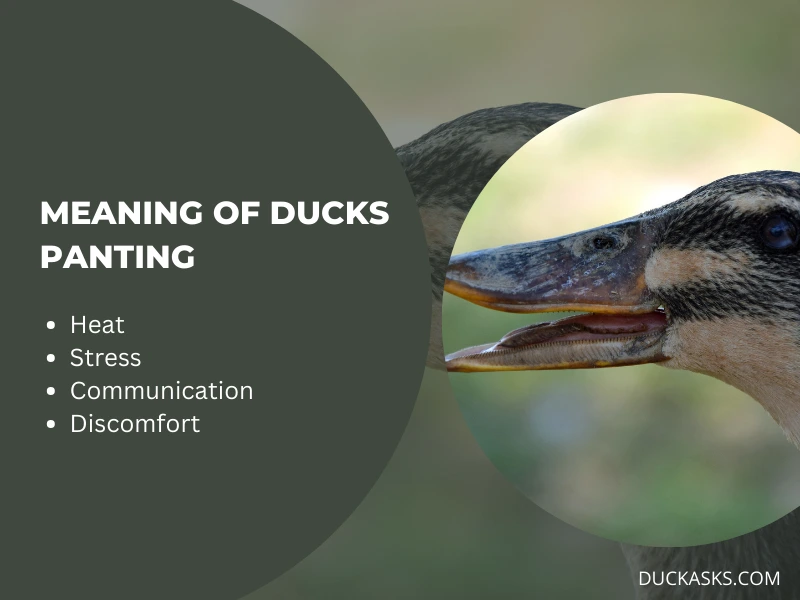
Here are a few reasons why your duck is probably panting like a dog –
Heat
Even though ducks can regulate their body temperature, sometimes they can cool down by open-mouth breathing. Overheating can make them open and close their bills repeatedly. That may resemble dogs panting.
Stress
In case of any threat or fear, the ducks may show signs of stress. The best way to express anxiety for ducks is to pant. In continuous bill movement, examine the surrounding area to detect any threat.
Communication
I’ve found through my petting experience that, sometimes, ducks pant to communicate. I often saw my pet ducks doing fine but repeatedly moving their bills as a response, and other ducks used to gather. It can be a way of communication or a signal.
Discomfort
After participating in physical activity, ducks can move bills due to restlessness. However, this in no way is like dogs. Also, excessive panting is a clear sign of discomfort.
How Does Panting Enable Ducks to Cool Down?
Again, ducks do not use panting as a primary way to cool down like dogs. The behavior looks the same, but the purpose is not the same. So, panting doesn’t help ducks cool down; instead, it works as an aid.
But in some cases, panting helps to get quality air or to remove tiredness. Again, the mechanism is not exact like dogs.
But panting helps ducks to keep their bill tissues moist. The moisture helps to lessen heat exchange and, therefore, cools down body heat. In this process, excess heat usually transfers to air.
They were again cooling down the ducks’ temperature. Moreover, ducks tend to cool down if their body temperature control is insufficient.
How Can You Tell If a Duck Is Too Hot?
For beginners, detecting the accurate reason for a ducks panting can be challenging. Ducks don’t prefer summer and in fact, they can survive 20-degree weather.
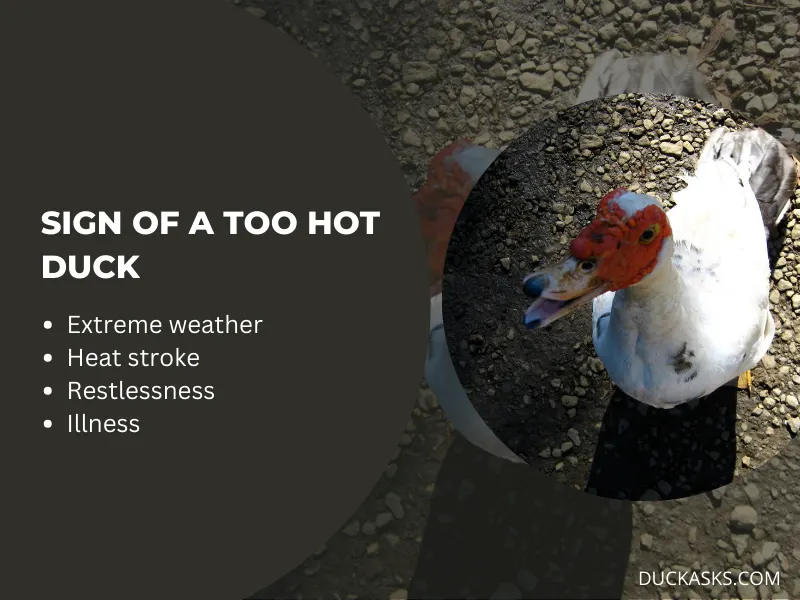
Here are some signs that can verify if your duck is panting due to overheating –
Extreme weather
Ducks ideally live well within 20 to 28 degree Celsius weather. It can tolerate weather up to 40 degrees Celsius. In the case of extremely sunny dry weather, ducks can face heat exhaustion and tiredness.
Also, if their home is in a shaded area, then ducks become too hot. In this scenario, ducks try to open their beak and breathe repeatedly trying to cool itself down.
For example, if the duck’s beak moves upwards over 20 to 30 times over a minute, then it’s too hot. Also, if they walked normally in the beginning, but in the sun they repeatedly start moving their beak, then the duck is too hot.
Heat stroke
It is not uncommon for ducks to become too hot and have heat stroke. Usually, wings are indicators of whether the ducks are having heat stroke.
Heat stroke happens due to overheating. Ducks move their wings away from their body to dissipate heat.
Also, they might continuously fluff their feathers. It creates tiny air pockets to help with cooling.
When ducks face heat stroke, they tend to look for water sources, if they can’t find any, then they’ll start flapping wings non-stop. If they are moving their wings in a restless manner, then the ducks are extremely bothered.
Restlessness
Ducks can be restless for various reasons. But when the duck constantly wanders around without any reason, then it’s due to overheating. They’ll wander in the direction of shadow or water and continuously pant.
However, ducks can be restless for internal illness too. If you find the beak and wing movement abnormal, then the duck is ill rather than hot.
Illness
Ducks can be too hot due to illness. Overfeeding, internal health problems, choking or any illness can lead ducks to overheat. In case of illness, it’s better to consult a vet before the ducks become hot and pant.
How to Prevent Ducks from Overheating?
A big reason for panting for ducks is due to overheating. Panting is a way to show they are feeling ill or uncomfortable. I’ve explained above that ducks have their own ways of cooling down their body temperature.
However, you should put the ducks in adequate shade if you spot them panting due to heat. Sometimes, the water sources are far away from the pet ducks habitat.
Make sure to use a sprinkler or mist on them and put clean water in a container. Dust baths can help ducks from heat and panting.
What to Do If Your Duck Is Panting?
I recommend visiting a veterinarian if the ducks are panting heavily.
However, you should provide your duck with a sheltered and shadow area because ducks are sensitive to excess heat.
So, providing them with a cool, shaded place can help them take a grip. Provide them with fresh, clean, and cool water to drink. Hydration can decrease stress and discomfort. If you have a sprinkler, turn it on if you see the ducks panting.
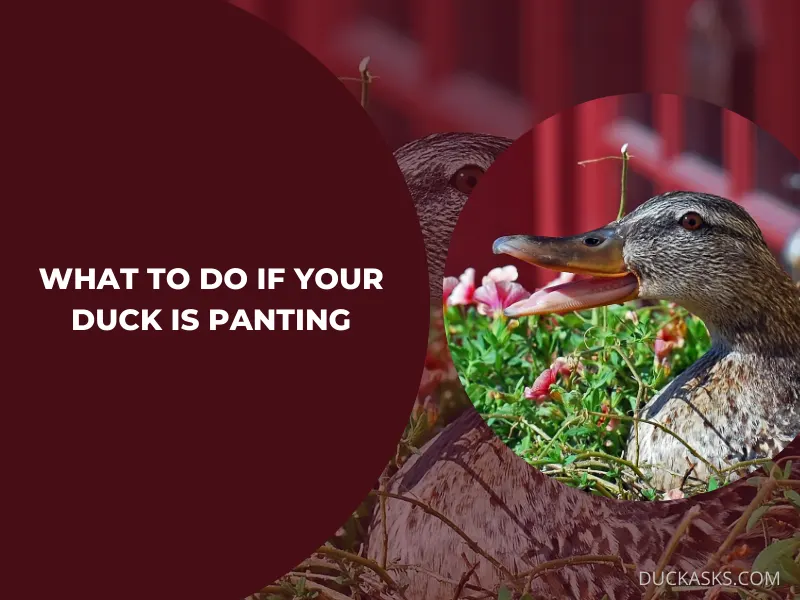
I mist my ducks directly if they pant. Check that the area has proper ventilation and take your panting duck to an airy spot. Eliminate any kind of loud noise or any threats. Stress is a reason for panting.
If these methods do not help, check if the duck is ill. And if it’s sick, take it to a vet. Lastly, supervise and monitor your ducks. Sometimes, ducks can pant due to excitement only.
What to Do If Your Ducks Pants and Vomits?
Ducks can vomit and pant if they eat too fast or inhale excess water. But if it can’t eat at all and continuously pants, then there’s a problem with its bill and throat.
Also, you should isolate the duck or ducks from others if you fail to determine the root cause. In many cases, panting and vomiting is a sign of serious ingestion problems. Most importantly, take the affected duck to a vet as soon as possible.
Conclusion
Ducks moving their bills doesn’t always mean it’s panting. Sometimes, it can cause breathing problems. Again, ducks do not pant like dogs.
If this article helped you, then stay connected without Facebook. Twitter and Pinterest.
References:
- https://onlinelibrary.wiley.com/doi/abs/10.1111/j.1748-1716.1980.tb06680.x
- https://srcd.onlinelibrary.wiley.com/doi/full/10.1111/cdev.13681

